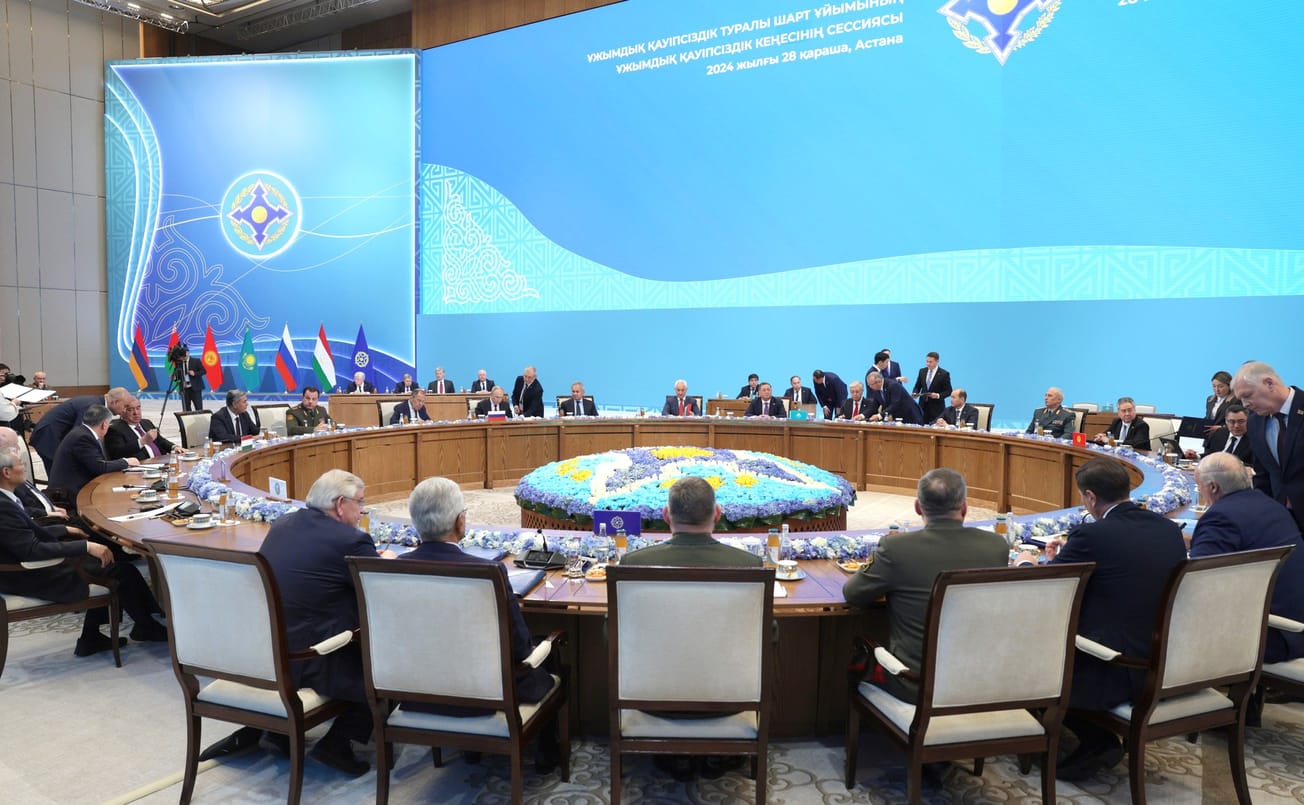NATO’s foreign ministers are meeting in Brussels April 6-7 to, as Secretary General Jens Stoltenberg said in a press conference today, “address President Putin’s war against Ukraine.” A meeting of the G7 is expected as well.
NATO members, Stoltenberg said, will be discussing what more military support the alliance can give to Ukraine, to include anti-tank and anti-aircraft weapons, cybersecurity assistance, and chemical and biological defense equipment. Stoltenberg said that he also expects that the alliance will decide how to step up its support to its other partners, including Georgia and Bosnia-Herzegovina. On April 7, the meeting will be addressed by Ukrainian Foreign Minister Dmytro Kuleba.
Besides the 30 official members, guest nations at the meeting will include the foreign ministers of Finland, Sweden, Georgia, and the European Union, and NATO’s Asia -Pacific partners, Japan, South Korea, Australia, and New Zealand. Stoltenberg said they will be there because, “this crisis has global implications, which concerns us all,” meaning that it will also be aimed at China. “At a time when authoritarian powers are pushing back on the rules-based international order, it is even more important for democracies to stand together, and protect our values, “Stoltenberg said. “So I expect we will agree to deepen NATO’s cooperation with our Asia-Pacific partners.”
Secretary of State Antony Blinken met the press today before take-off for Europe. He held forth grandiloquently, “We’re heading off to Brussels now for a meeting of the NATO foreign ministers, for a meeting of the G7 foreign ministers, the leading democratic economies in the world, all of which will go to supporting the efforts that – accountability and support for Ukraine, increase pressure on Russia.”
When asked whether there was evidence Moscow knows about crimes committed in Ukraine, Blinken said, “We’re working, as are others, to put the evidence together to support the efforts of the Ukrainian prosecutor general, to support the efforts of the UN Human Rights Council’s Commission of Inquiry that we helped establish, marshaling all of this, putting all of this together. We said before the aggression that we anticipated that if it went forward, there would be atrocities committed. Information that we’ve seen going into the aggression suggested that this would be part of the Russian campaign. Horrifically, tragically, what we’re seeing in Bucha and in other places supports that. But in all of these instances, there’s a very important effort to put the evidence together, to compile it, to document it, to support the different investigations that are going on. That’s what we’re doing. That’s what others are doing. This will play out over time.
“Meanwhile, what’s vital is to sustain and build on the support for Ukraine, to sustain and build on the pressure against Russia to bring this war to an end, to stop the death and destruction that Russia’s perpetrating in Ukraine.”



